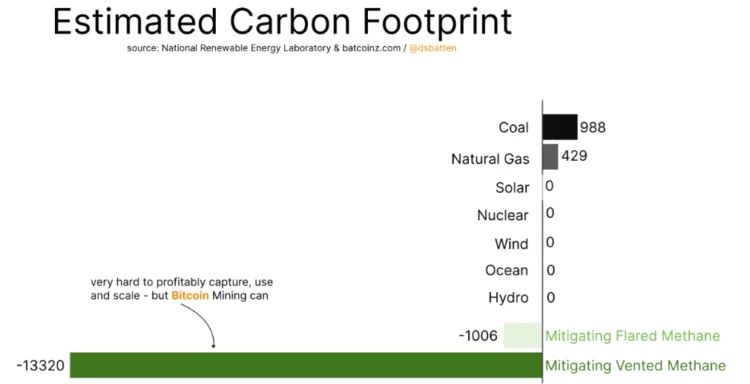According to a document published by the Institute of Risk Management (IRM), Bitcoin can facilitate a global energy transition by converting wasted methane emissions into less harmful, reducing global emissions by up to 8% by 2030.

Dylan Campbell and Alexander Larsen of the IRM Energy and Renewables Group published a report titled “Bitcoin and the Energy Transition: From Risk to Opportunity.”
The paper argued that although Bitcoin was perceived as a risk due to its energy consumption, it can also catalyze energy transition and contribute to innovative solutions for global energy challenges.
The report’s authors also emphasized the significance of energy and the rising demand for dependable, pure, and more affordable energy sources. Despite criticisms of Bitcoin’s energy consumption, the study provided a more balanced perspective of the cryptocurrency by highlighting BTC’s potential benefits to the energy industry.

The report suggests that Bitcoin mining could reduce global emissions by up to 8% by 2030. This can be accomplished by converting the world’s wasted methane emissions into less hazardous emissions.
Using captured methane to power Bitcoin mining operations can reduce the quantity of methane vented into the atmosphere, according to a hypothetical scenario cited in the report.
Additionally, the paper presented additional opportunities for Bitcoin to contribute to the energy industry. According to the report, Bitcoin can contribute to energy efficiency by utilizing Bitcoin miners and transferring heat from miners to greenhouses to manage the electricity grid.
“We have demonstrated that while Bitcoin is an electricity consumer, it is not a significant emitter of carbon dioxide and other atmospheric contaminants. The authors wrote that Bitcoin can catalyze a healthier, more abundant energy future for everyone.
